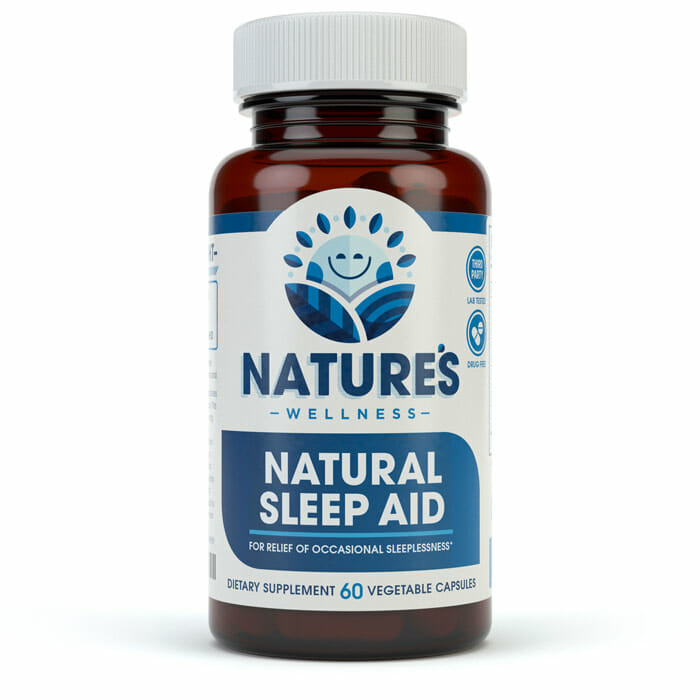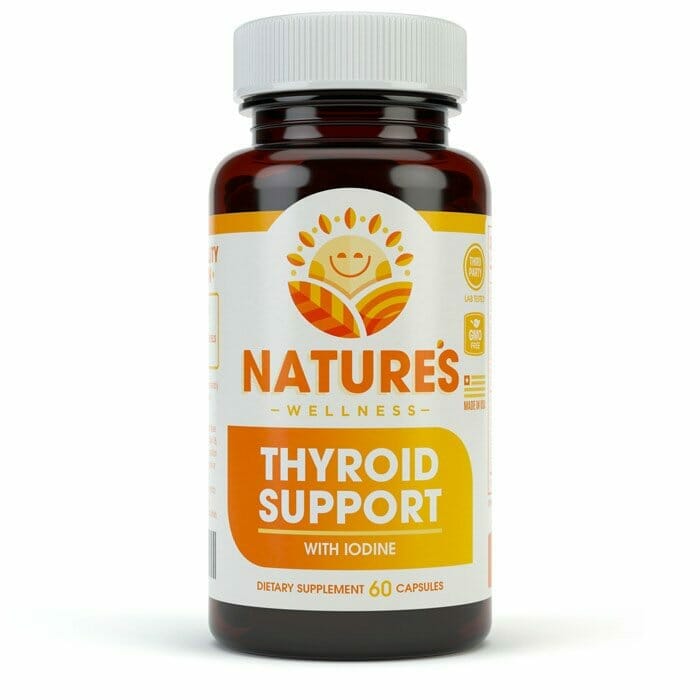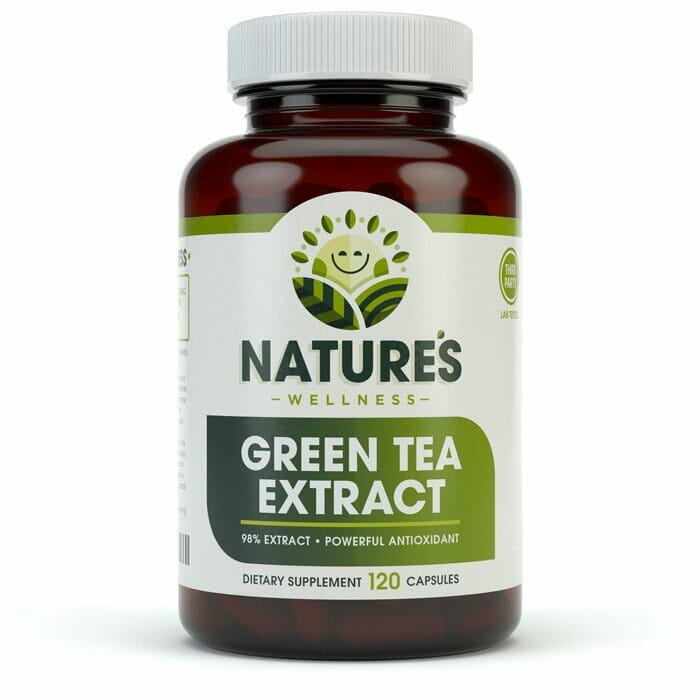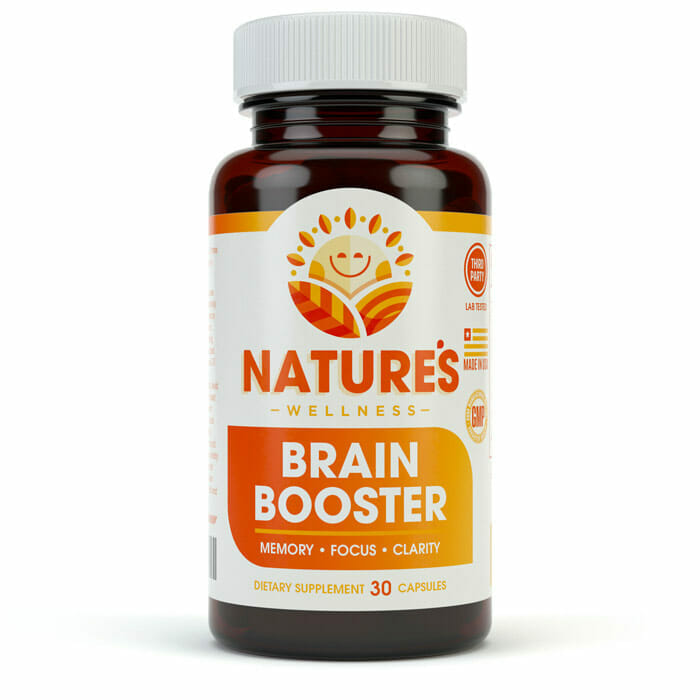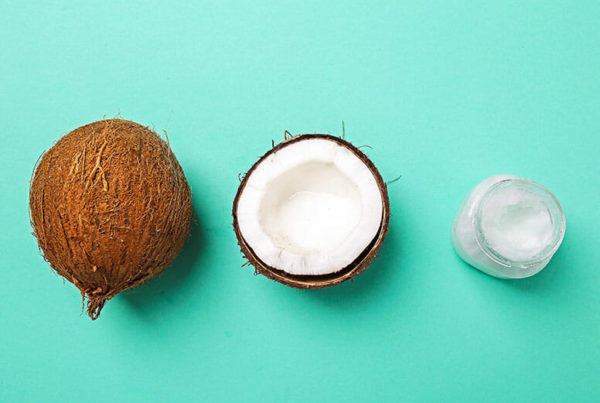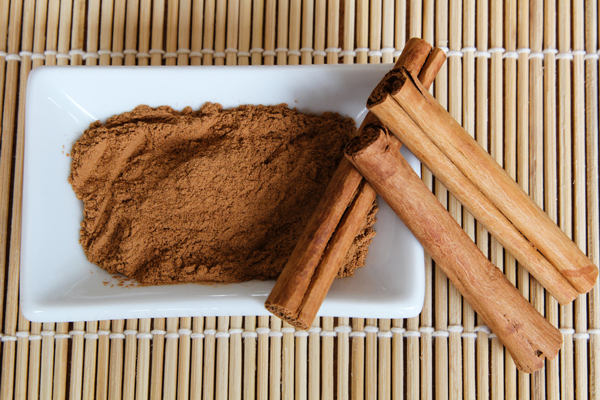
Cinnamon has been treasured for centuries as a fragrant spice with a variety of health benefits. It has been not only used to flavor food, but has also been prized for its ability to preserve food freshness due to its antibacterial properties. It has also been used medicinally for thousands of years due to its powerful anti-inflammatory properties. Also, it has been traditionally used to make teas and tonics to alleviate a variety of illnesses such as the common cold, gastrointestinal disorders, sore throats, and nausea.
The active ingredient found in cinnamon is called cinnamaldehyde, a potent antioxidant, and the essential oil of the cinnamon plant. Cinnamaldehyde is responsible for cinnamon’s scent and flavor. Due to these amazing health-promoting properties, researchers are highly interested in potential uses for cinnamon as a treatment or alternative therapy for a variety of medical conditions. Current research has shown that cinnamon may help control blood sugar, reduce risk of heart attacks, help fight infections, and may even play a role in cancer prevention.
Blood Sugar Control
Cinnamon has been extensively researched in the area of blood sugar control and as a potential alternative treatment to type 2 diabetes. Type 2 diabetes is characterized by insulin resistance, a condition where the body’s cells stops responding to the actions of the hormone insulin. The primary job of insulin is to encourage the cells to take in glucose, or sugar, after meals. When the cells stop responding insulin’s signal, they no longer take in the available glucose in the blood stream and therefore it remains in blood, causing high blood sugar levels. Elevated blood glucose is toxic and can lead to significant damage of blood vessels, if left untreated. Once the resistance to the action of insulin gets severe enough, this leads to the diagnosis of type 2 diabetes. The rates of type 2 diabetes have significantly increased over the last 20 years and its effects can be devastating. The addition of cinnamon to the diet may help counteract insulin resistance and has been shown in several studies to help reduce blood sugar levels.
A study published in Diabetes Care observed 60 people with type 2 diabetes over a 40 day period. Half were in a placebo group, the other half received varying amounts of cinnamon via capsules, taking up to 6 grams per day. All three groups who received the cinnamon daily, found that fasting blood glucose was reduced by up to 29%. There was no drop in blood glucose in the placebo group over the same period. Even a small dose of cinnamon daily had an impact on the blood sugar control of diabetics according to this particular study. The results of this study are quite promising for people with diabetes or insulin resistance. It is something that can be safely added to anyone’s diet without any major side effects and may prove especially beneficial for those with diabetes.
Due to its effect on blood sugar, cinnamon has also been shown to help women with polycystic ovarian syndrome, a condition characterized by insulin resistance. A small study of 15 women with PCOS found that the addition of daily cinnamon to the diet significantly reduced insulin resistance after 8 weeks, when compared to a placebo group. Although this research on insulin resistance is promising, further research is needed to determine the optimal dose for both women with PCOS and diabetics.
Protects your Heart
Elevated cholesterol levels, specifically LDL or “bad” cholesterol, has been shown to increase the risk of heart disease. HDL, known as “good” cholesterol helps remove LDL cholesterol from the body, lowering its levels and reducing risk of heart attack and stroke. Elevated cholesterol levels are frequently controlled by statin medications, which can have side effects and may not be tolerated by certain people. But, cinnamon has been shown to raise HDL cholesterol and lower LDL, and may prove to help manage cholesterol levels without the side effects seen from the use of cholesterol lowering medications.
A 2013 meta-analysis summarized the data of 10 different studies on cinnamon, cholesterol levels, and blood glucose. This particular analysis found that across all 10 studies the addition of cinnamon consistently lowered total cholesterol, LDL, and triglyceride levels. It was also found to consistently increase HDL cholesterol levels. The dosages used in the studies varied from as little as 120 mg per day to up to 6 grams per day. These types of meta-analysis studies are helpful in order to summarize the data of multiple studies conducted over a period of time to better understand if results between studies are consistent. This particular meta-analysis on cinnamon demonstrated powerful results, showing that cinnamon is effective for blood sugar and cholesterol management. LDL cholesterol levels were found to decrease by an average of 9.4 mg/dL and HDL levels increased by 1.6 mg/dL, when the data was averaged across all 10 studies. These results found to be statistically significant. Cinnamon may prove an effective tool in decreasing risk of heart attacks and strokes. The only issue with this particular meta-analysis is that the doses between studies were quite varied, therefore further investigation is needed to determine exactly how much of it must be consumed to reap the most benefit.
Anti-bacterial, anti-fungal, anti-viral
Cinnamon has been a sought after spice for ages because of its ability to preserve food and keep it fresh, due to its anti-bacterial, anti-fungal, and anti-viral properties. Before refrigeration was invented, people would commonly use it to help food stay fresh longer and to reduce bacterial contamination. Even though we no longer rely on these types of methods for food preservation, we can still benefit from its ability to help ward off bacteria and viruses. Cinnamon can be used as a complimentary treatment to the common cold, flu, or any other respiratory illness, due to its antiviral and antibacterial properties. It can help clear up mucus and encourages circulation of the blood. If you are feeling ill, you can drink cinnamon tea with some honey or take a cinnamon supplement to harness the power of its healing properties.
Cinnamon has also been investigated as a complimentary treatment for HIV. A study published in the Indian Journal of Medical Research evaluated various herbs and plants for their effectiveness to inhibit the replication of the HIV virus. Although this was a study conducted in a lab and not on humans, the researchers found that cinnamon was one of the most effective compounds against HIV. Results need to be first replicated in humans to determine if the addition of cinnamon could possibly help extend the life of those infected with HIV.
Heliobacter pylori is a bacterial infection that has been known to cause a variety of intestinal diseases including gastritis and ulcers. Yogurt can help reduce the H. pylori infection, but when the yogurt contains cinnamon, one study found it can reduce levels of H. pylori even further, then just the yogurt alone. The beneficial bacteria in yogurt seems to work synergistically with the antibacterial properties of yogurt, helping to decrease the H. pylori infection.
Alzheimer’s Disease
Alzheimer’s disease is an incurable disease that affects the brain, leading to dementia and other devastating symptoms. Certain compounds in cinnamon are currently under investigation for their potential to help manage the symptoms of this debilitating illness.
The research on cinnamon and Alzheimer’s disease is still preliminary, with many studies conducted on animals instead of humans. Active compounds in cinnamon have been shown to help decrease the formation of a specific type of plaque in the brain that leads to impaired cognition and memory loss. This type of research has been conducted on rats only at this time, but researchers are hopeful there will be similar results in humans. There is hope, based on these preliminary studies that it may help improve motor function so that people with Alzheimer’s can live more normal lives for a longer period of time.
Cancer Prevention
Antioxidants help fight free radicals, compounds that can lead to cellular damage and may trigger the initiation of cancer. Cinnamon is high in the family of antioxidants known as polyphenols. These powerful antioxidants have an ability to help neutralize free radicals and may have the potential to prevent cancer. The research on cancer prevention and cinnamon is preliminary and mostly in animal studies at this time, but there have been some interesting findings nonetheless.
A 2007 study focusing on preventive measures for colon cancer in men found interesting results with the ingestion of cinnamon. This particular study was interested in identifying various plant-based compounds that could play a role in the prevention of colon cancer. Researchers found that cinnamon contained a specific detoxification enzyme, helping to clear tumor cells, which they believe decreased subjects risk of development colon cancer. Additionally, the antioxidant potential of cinnamon also plays a role in decreasing oxidation, or damage caused by oxygen, which could in turn decrease risk of colon cancer. Similar results have been found with leukemia tumor cells, but all this data still needs to be replicated in real human subjects.
Without access to the blood stream and the nutrients the blood provides, tumor cells are unable to replicate. Cancer research has focused on how to prevent the tumor cells from accessing and attaching themselves to the blood vessels, in order to prevent their replication. There are currently some medications that can be used to prevent the attachment of the tumor cells, but these medications have severe and potentially life-threatening side effects. One study using mice, found that cinnamon has the natural ability to prevent tumor cells from attaching to the host’s blood stream, killing their ability to replicate. This is only preliminary research at this time, but may be quite promising for those with cancer struggling with the side effects of cancer medications.
How to Include Cinnamon in your Diet
Cinnamon can be found today in a variety of forms, such as the cinnamon stick, powder, or even in capsules. The benefits described from the cinnamaldehyde compound is found mostly in Ceylon cinnamon, known as “true” cinnamon. Unfortunately, much of what’s found on the market today is the cassia variety, sometimes also referred to as Chinese cinnamon, which does not contain as large of quantities of this active ingredient. The cassia cinnamon has a similar flavor, but should only be used in small doses, especially for people with liver disease. It is high in a compound called courmarin, which can cause liver toxicity.
All cinnamon, not just the cassia variety, can be toxic in large quantities. The recommended amount is no more than 4 grams per day or approximately 1 teaspoon added to food and the health benefits described have been shown at even lower doses. Generally, cinnamon is safe to use as a spice or food additive. One teaspoon provides a gram of fiber and is a good source of iron, manganese, vitamin C, and vitamin K.
If you are going to add cinnamon to your diet try to find the Ceylon cinnamon for the most benefits. Try adding bit to your morning coffee or sprinkle it into yogurt or over fresh fruit. A baked apple tastes great sprinkled with some cinnamon and makes for a delicious low calorie dessert. If you don’t like the taste or you want to be sure you are getting a specific dosage of this powerful antioxidant, you can also take a cinnamon supplement, just make sure to not exceed the recommended maximum safe amount of 4 grams per day. Including cinnamon in your daily diet is an easy and flavorful way help improve your blood sugar and cholesterol levels, and to add an amazing, potent antioxidant to your diet.

